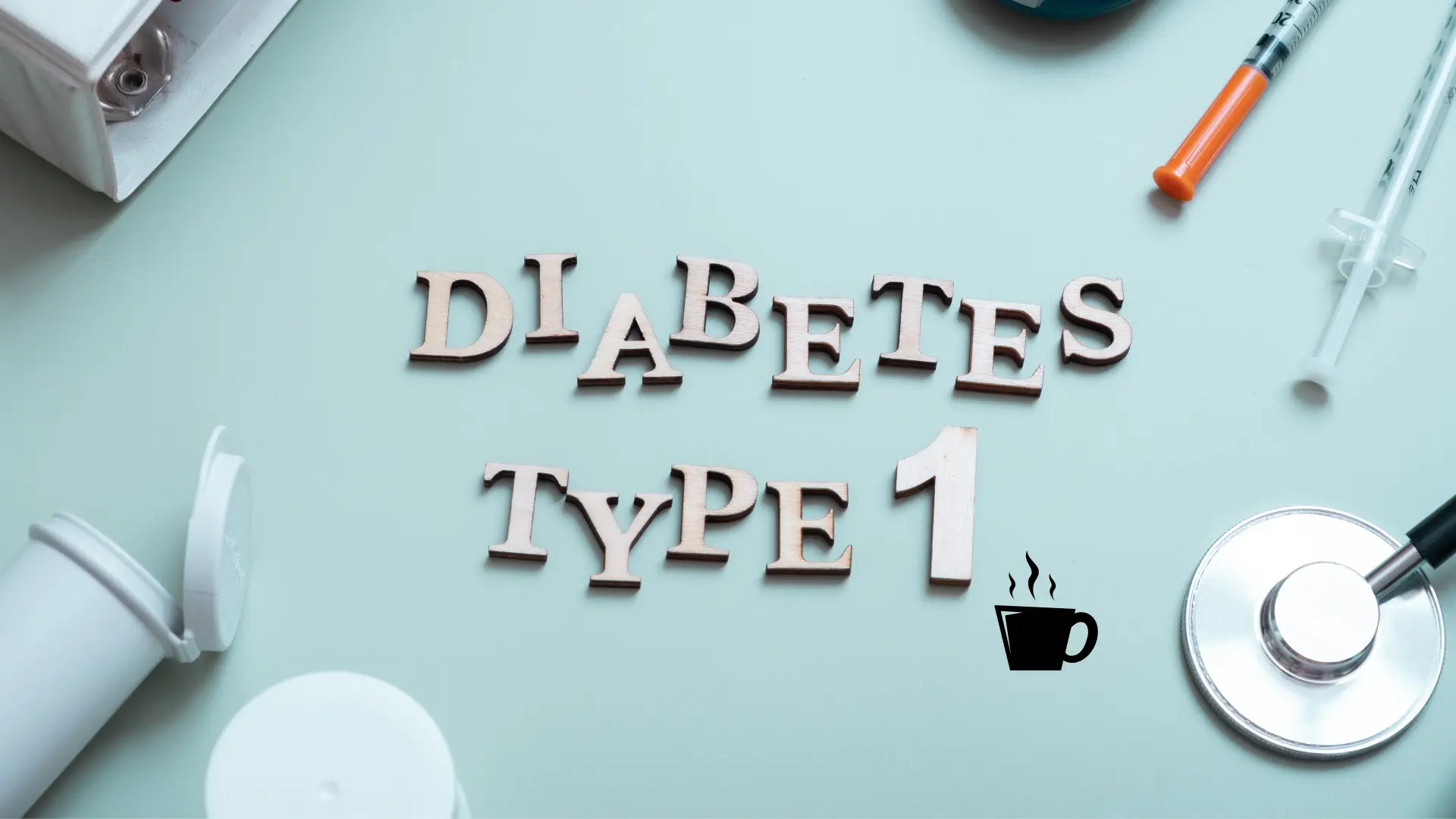1) Understanding Type 1 Diabetes:
Type 1 diabetes is an autoimmune disease in which the body’s immune system attacks and destroys the beta cells of the pancreas, responsible for producing insulin. Insulin is an essential hormone that regulates blood glucose levels, allowing the body’s cells to absorb and use glucose as energy. Without enough insulin, glucose accumulates in the bloodstream, leading to elevated blood sugar levels, known as hyperglycemia.
The exact causes of type 1 diabetes are still not fully understood, but it is believed that a combination of genetic and environmental factors plays a significant role in the development of the disease. People with a genetic predisposition to type 1 diabetes may develop it after being exposed to certain environmental triggers, such as viral infections or environmental toxins.
2) Symptoms of Type 1 Diabetes:
The symptoms of type 1 diabetes can develop rapidly and include:
- Excessive thirst
- Frequent urination
- Extreme hunger
- Unexplained weight loss
- Fatigue
- Blurred vision
- Frequent infections, especially on the skin, gums, or urinary tract
If left untreated, type 1 diabetes can lead to severe complications, including organ damage, cardiovascular problems, neuropathy, and even diabetic coma.
3) Treatment of Type 1 Diabetes:
The treatment of type 1 diabetes aims to control blood glucose levels and prevent long-term complications. Treatment approaches typically include:
- Insulin Therapy: Since people with type 1 diabetes do not produce enough insulin, insulin therapy is essential for controlling blood glucose levels. This usually involves daily insulin injections or the use of an insulin pump to continuously administer the hormone.
- Glucose Monitoring: It is important to regularly monitor blood glucose levels to ensure they are within the target range. This is often done using a blood glucose meter, which allows people to check their glucose levels at home.
- Healthy Eating: A balanced and healthy diet plays a crucial role in controlling type 1 diabetes. This involves consuming a variety of nutritious foods, controlling portion sizes, and limiting the intake of sugary and carbohydrate-rich foods.
- Physical Activity: Regular exercise can help control blood glucose levels, improve insulin sensitivity, and promote cardiovascular health. It is important to choose physical activities that are safe and suitable for each individual, in consultation with a doctor.
- Education and Support: Education about type 1 diabetes and emotional support are essential to help people manage their condition effectively. This may include counseling sessions, support groups, and educational resources on nutrition, exercise, and blood glucose control.
4) Future Perspectives:
Despite significant advances in the treatment of type 1 diabetes, there is still much to be done to improve the quality of life for people affected by this condition. Research continues to explore new therapies, including stem cell therapy and immunotherapy, which have the potential to delay or even reverse the course of the disease.
Furthermore, advances in medical technology, such as continuous glucose monitoring systems and artificial pancreas, are offering new hopes for better management of type 1 diabetes and a healthier life for those living with the disease.
5) Conclusion
In conclusion, type 1 diabetes is a challenging condition that requires diligent care and a multifaceted approach to treatment. With adequate support, education, and access to innovative therapies, people with type 1 diabetes can lead fulfilling and active lives while effectively managing their condition.
